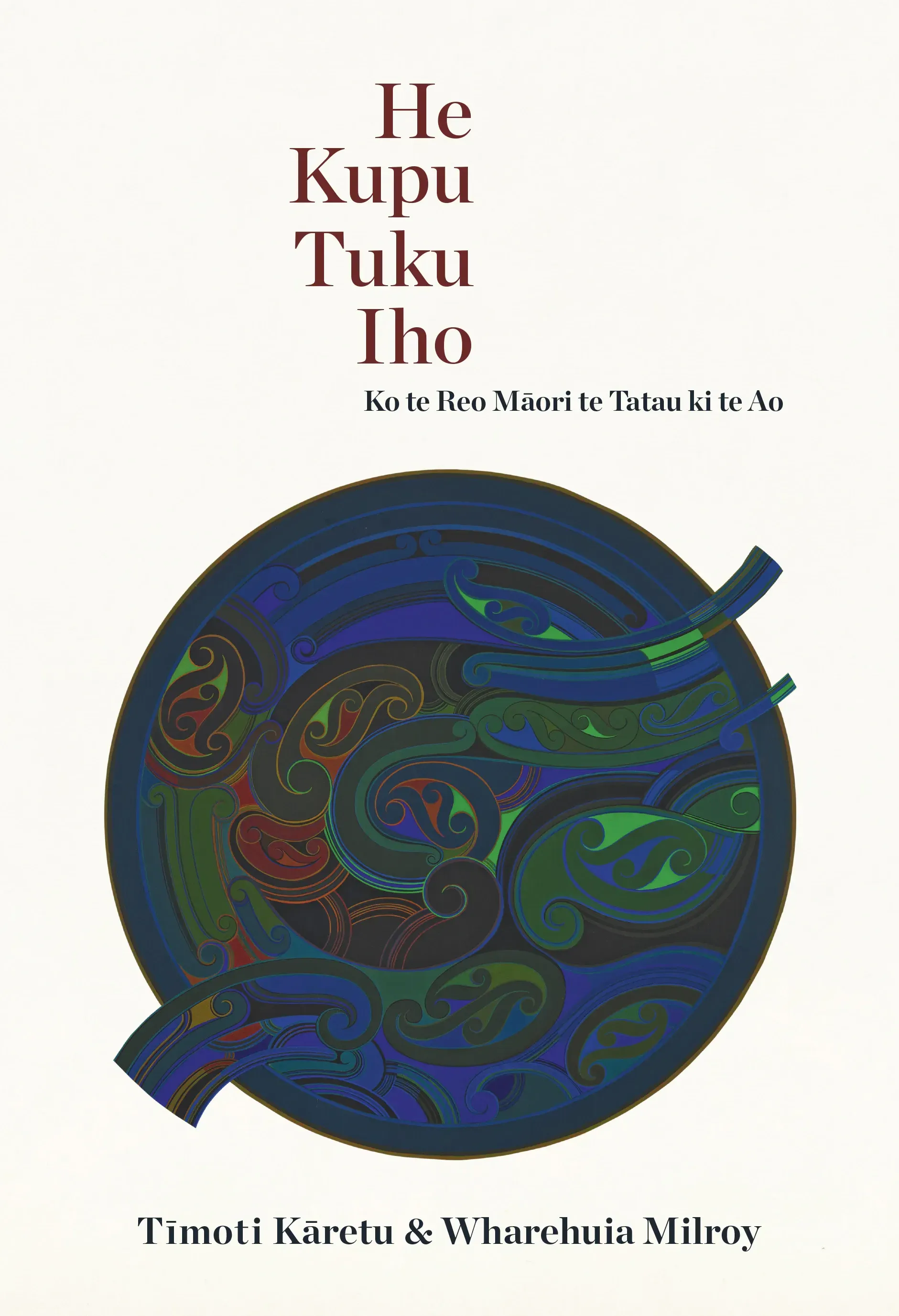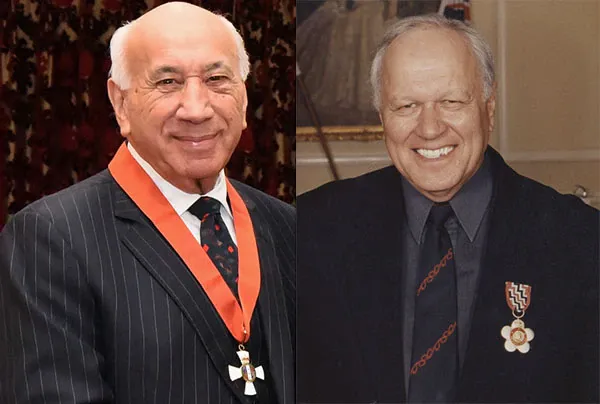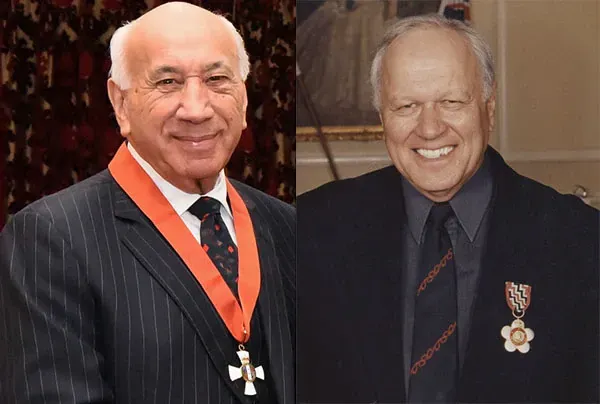If te reo is the door to the Māori world, how are we going to find the key?
Written by

This month, we’re publishing a book that’s a new adventure for me and for Auckland University Press.
He Kupu Tuku Iho: Ko te Reo Māori te Tatau ki te Ao, by Tīmoti Kāretu and Wharehuia Milroy, is written entirely in te reo, from the imprint page to the blurb to the index. The book’s subtitle ‘Ko te Reo Māori te Tatau ki te Ao’, explains why we’re doing it. Translated into English it comes out as something like ‘the Māori language is the door to the world’. If Tīmoti and Wharehuia, two of the greatest modern exponents of te reo Māori, were willing to use the language to open that door, how could we say no?
But publishers usually do say no. We have published bilingual books before at Auckland University Press — from the great Ngā Mōteatea series initiated by Āpirana Ngata to Hōne Sadler’s account of Ngāpuhi history, Ko Tautoro, Te Pito o Tōku Ao. And in the 1990s, the Māori entries from the Dictionary of New Zealand Biography were published entirely in te reo as Ngā Tāngata Taumata Rau.
But publishing adult nonfiction in the Māori language only is very, very, very rare. Over the past decade, I can only think of two such books: He Pataka Kupu, the monolingual Māori dictionary, and Chris Winiata’s Tōku Reo, Tōku Ohooho: My Language, My Inspiration. Both won the Māori language award at our national book awards. But most years, there is no award because there are no adult books in te reo published.
I know how that happens because I’ve helped make it happen. Ten years ago I was talking with Poia Rewi about his excellent thesis on Māori oratory which he had written in te reo. I told him that we’d be keen to publish it as a book, but we’d want it in English. The resulting book, Poia’s Whaikōrero: The World of Māori Oratory won the E. H. McCormick Award for non-fiction at the book awards and we’ve reprinted it many times.
Maybe this proved that I had used my keen publishing instincts to identify a winning strategy. After all, everyone had told me that books in te reo didn’t sell.

Timoti Karetu and Wharehuia Milroy
Or maybe it proved that I was part of the problem. How are books in te reo going to sell if there are no readers? And how are the new readers of te reo going to develop if there is nothing new to read? This is a whirlpool from which we somehow need to escape.
We have had huge media interest and strong advance orders for He Kupu Tuku Iho. I’m just not going to ask Māori authors to turn their work into English any more. In fact, we’re hatching plans for Kotahi Rau Pukapuka i te Reo, 100 books on the Māori language. Maybe we can help open the door rather than close it.
Written by Sam Elworthy of Auckland University Press

He Kupu Tuku Iho: Ko te Reo Māori te Tatau ki te Ao
Tīmoti Kāretu and Wharehuia Milroy
30 June 2018, 236 pages
ISBN 9781869408800, $59.99
Sam Elworthy is director of Auckland University Press. He grew up in South Canterbury, studied in Dunedin and then spent 15 years in the United States, completing a Ph.D. in history at Rutgers University and working as Editor-in-Chief at Princeton University Press. Back in New Zealand, Sam has been President of the Publishers Association of New Zealand and has chaired the Michael King Writers' Centre Trust and the Book Awards Governance Group. He currently serves on the board of Copyright Licensing New Zealand and on the executive committee of the International Publishers Association.

